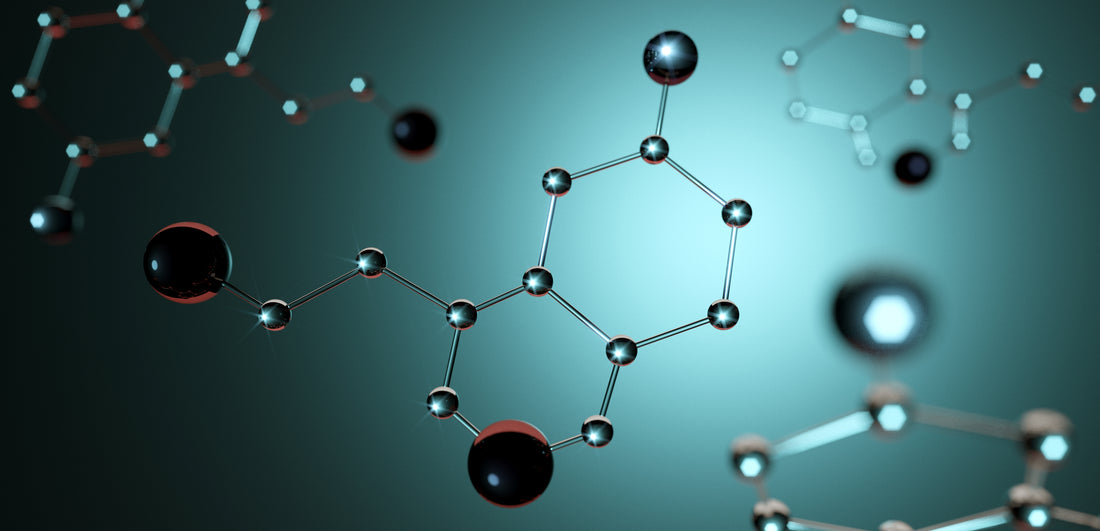We are excited to share the benefits that increased levels of NDA+ can provide to your body. Every week we will publish more information on health and wellness best practices to help you live your Best Life and Live a WOW Life!
Clinical Studies from the National Institute of Health have shown that increased NAD+ levels have helped repair DNA, improved heart health, brain function, liver function, eye health and metabolism and slowing the aging process.
NAD+ Overview
NAD+ (Nicotinamide Adenine Dinucleotide) is a coenzyme found in all living cells. It plays a vital role in various biological processes, including energy metabolism and maintaining the health of the cell's DNA. NAD+ levels naturally decline with age, and this decline has been associated with several aspects of the aging process. However, it's important to note that the research on NAD+ and aging is still evolving, and many findings are based on preclinical studies or limited human trials. Here are some ways in which NAD+ is believed to affect the aging process:
Energy Production: NAD+ is involved in cellular energy production through its role in mitochondrial function. Mitochondria are the powerhouses of the cell, responsible for generating ATP (adenosine triphosphate), the primary energy currency of cells. By maintaining NAD+ levels, it is theorized that cellular energy production can be improved, potentially enhancing overall cellular function and mitigating age-related decline.
Slowing the Aging Process: NAD+ is a crucial coenzyme for the activation of sirtuins, a class of proteins that play a role in regulating cellular processes related to aging. Sirtuins are involved in various functions such as DNA repair, gene expression, metabolism, and stress response. NAD+ acts as a substrate for sirtuins, and when NAD+ levels decline, it may impair sirtuin activity, which could contribute to aging. By replenishing NAD+ levels, it is suggested that sirtuin function can be enhanced, potentially promoting cellular health and longevity.
DNA Repair: NAD+ is involved in DNA repair processes, particularly through the activity of a family of enzymes called poly(ADP-ribose) polymerases (PARPs). These enzymes use NAD+ to repair damaged DNA and maintain genomic stability. Declining NAD+ levels could compromise DNA repair capacity, leading to increased DNA damage and potentially accelerating the aging process. By supporting NAD+ levels, it is hypothesized that DNA repair mechanisms can be maintained more effectively.
Oxidative Stress and Inflammation: NAD+ plays a role in regulating cellular redox balance and modulating oxidative stress and inflammation. Oxidative stress, caused by an imbalance between free radicals and the body's antioxidant defenses, is associated with aging and age-related diseases. NAD+ helps support the activity of enzymes such as sirtuins and other antioxidants, potentially reducing oxidative damage and inflammation.
It's worth noting that while NAD+ supplementation or strategies to increase NAD+ levels have shown promising results in preclinical studies and some early human trials, more research is needed to fully understand the effects, safety, and long-term implications of NAD+ supplementation for aging. As with any potential anti-aging intervention, it's advisable to consult with healthcare professionals before considering any specific treatments or interventions related to NAD+.

